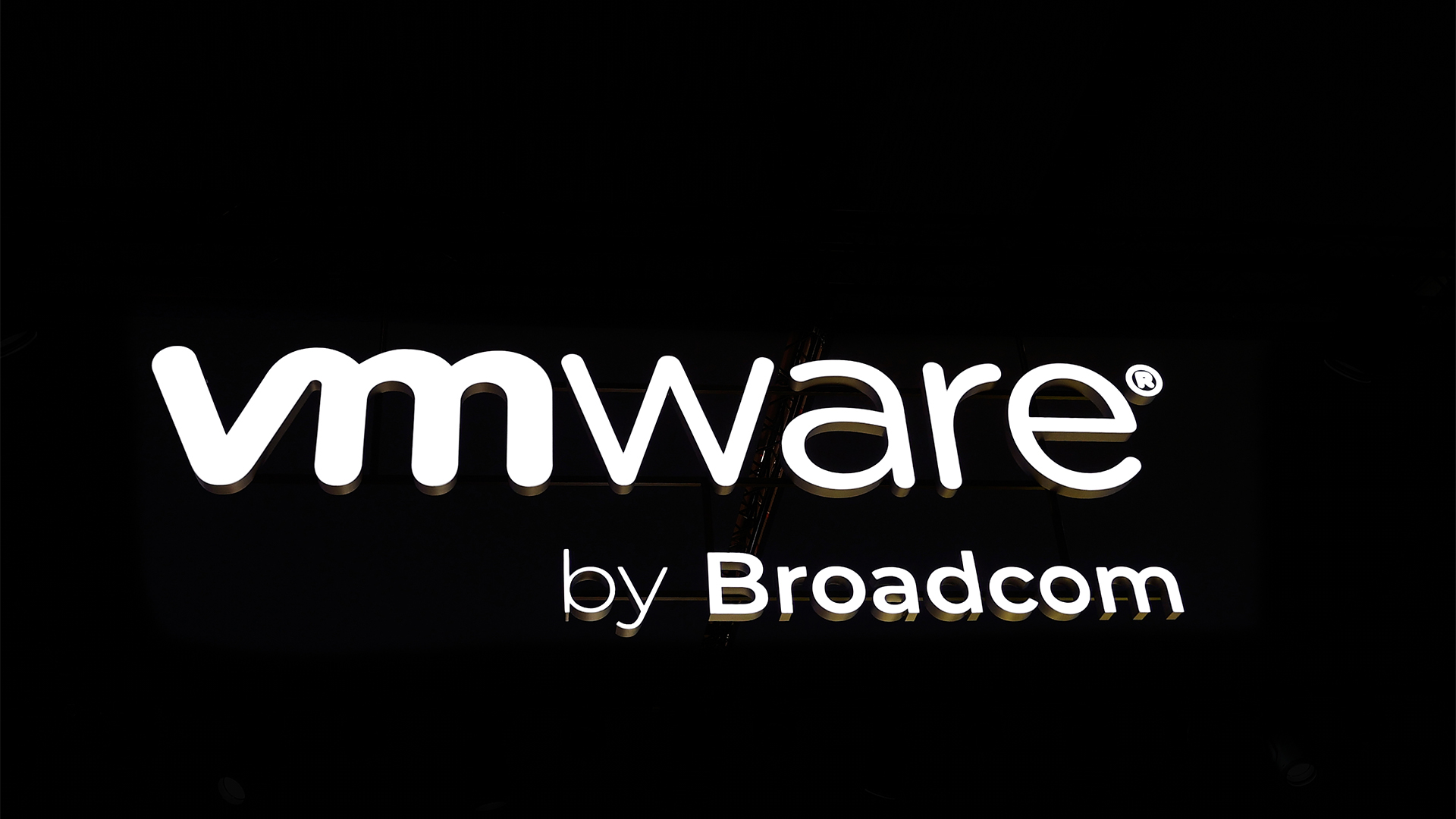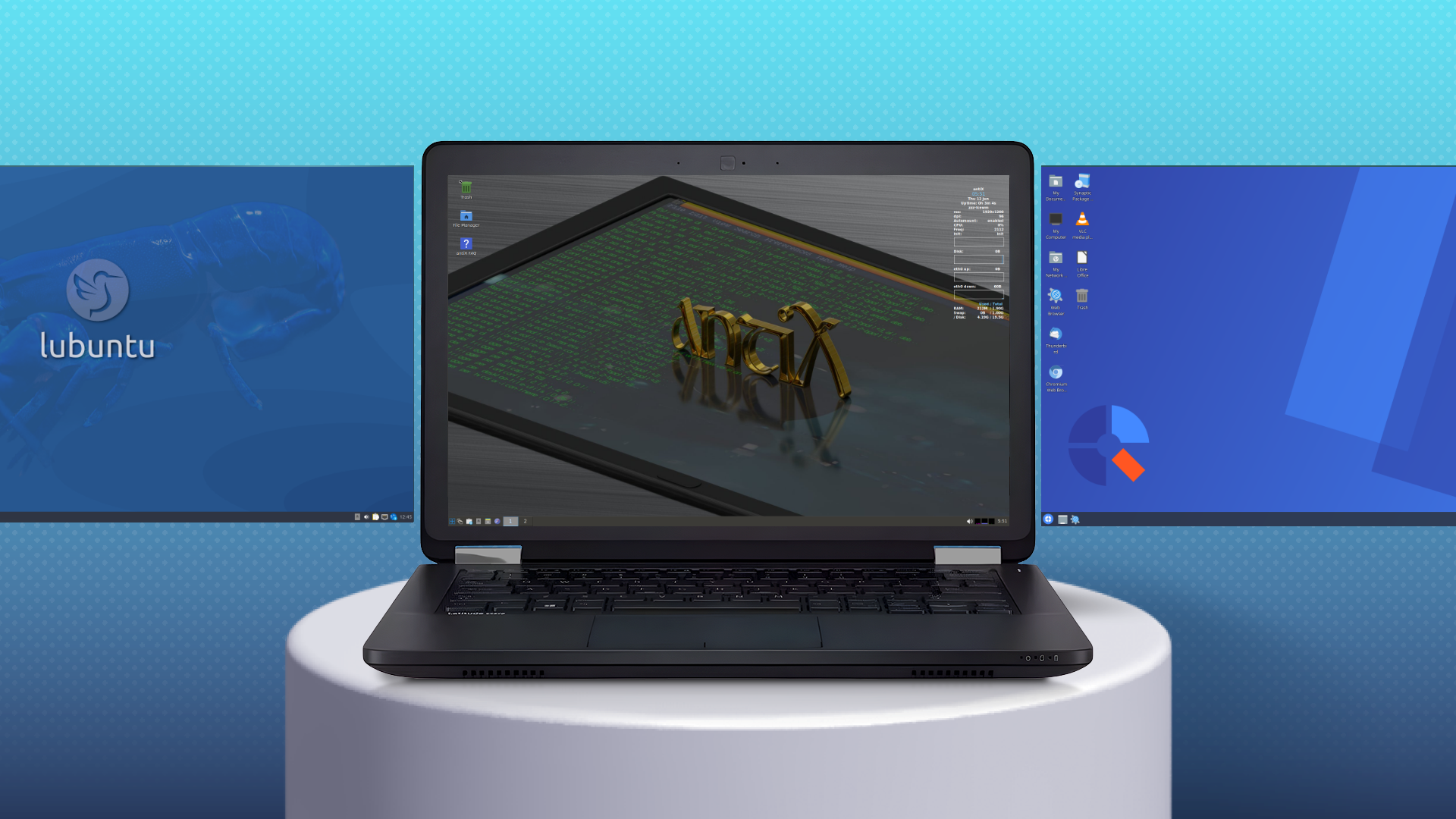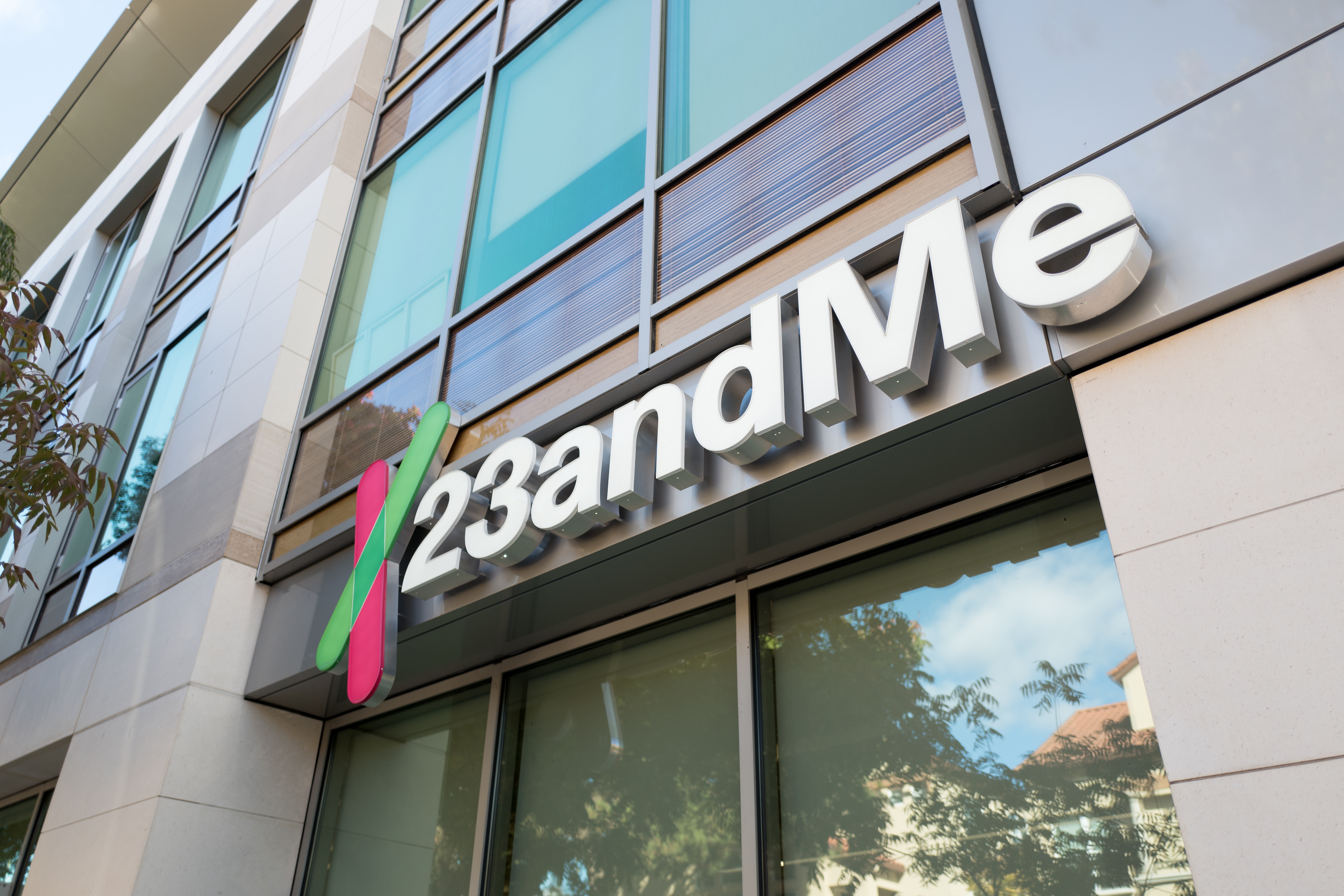There’s a ‘cloud reset’ underway, and VMware Cloud Foundation 9.0 is a chance for Broadcom to pounce on it

VMware Cloud Foundation 9.0 has officially dropped, with Broadcom touting a host of new capabilities for customers to “accelerate innovation, control cloud costs, and enable sovereignty and security”.
According to Broadcom, CVF 9.0 boasts a “completely new architecture” aimed at streamlining private cloud deployments and removing friction between infrastructure and application teams.
This includes the launch of a new unified interface for cloud admins, which Broadcom said will provide a “holistic view” of private cloud operations.
The new Quick Start App, for example, aims to reduce setup time and complexity for cloud administrators while fleet management tools allow users to plan and execute upgrades across an array of clusters more efficiently.
With the launch of VCF 9.0, Broadcom looks to target growing interest in private cloud amidst surging AI adoption and lingering security concerns.
Recent research from GTT Communications, for example, found growth rates for private cloud are now outpacing that for public cloud options. Similar research from Node4 showed 97% of respondents are planning to move some workloads back to on-prem infrastructure.
In a virtual press briefing ahead of the VCF 9.0 launch, Prashanth Shenoy, VP of product marketing, VCF division at Broadcom, said research by the tech giant shows a “cloud reset” is underway – and the firm’s new capabilities address this shift directly.
“We are seeing a cloud reset happening in the market,” he said. “Private cloud is now viewed by organisations as a strategic equivalent to public cloud. So it’s not a ‘public cloud plus one’ strategy anymore, it’s more of a ‘cloud smart strategy’ with private cloud taking a predominant role in our customers’ cloud transformation.”
Shenoy said there are a number of contributing factors to this shift, with AI adoption rates a leading consideration for enterprises exploring the prospect of shifting to private cloud. Security and cost-related concerns are also driving private cloud interest, he added.
Research from the firm found 69% of customers had repatriated workloads from public cloud to private cloud environments, for example, or were at least planning to do so in the year ahead.
“The reason behind these tailwinds for private cloud really lies on three big areas. It’s around the trust and security that the private cloud provides, it’s around the access, the performance, the predictability needed for generative AI workloads, and number three, it’s the cost transparency, the cost control, and the cost predictability that our customers are looking towards,” he explained.
So how does VCF 9.0 address these considerations for enterprises? Here’s what customers can expect.
Under the hood of VMware Cloud Foundation 9.0
Among the biggest updates for VCF 9.0 include new identity and access management capabilities. This new approach will centralize single sign-on, password policies, and certificates, which Broadcom said aims to “enable consistency across environments”.
By consolidating log management practices and integrating new analytics features, the company hopes to improve rapid response for security incidents and help admins better understand workload behaviors, and facilitate “targeted responses” for security operators.
Broadcom is also keen to highlight a more “frictionless” cloud consumption process for platform and development teams aimed at simplifying infrastructure consumption insights.
“Platform teams can effectively organize, provision, and manage tenant resources with granular control,” the company said in a statement.
“More secure, role-based access is enabled through streamlined administration of both admin and tenant identities. Compliance across all deployments is maintained by built-in governance policies, while pre-configured blueprints simplify provisioning, lessen manual tasks, and guarantee repeatable, compliant infrastructure.”
As part of the VCF 9.0 launch, the firm also revealed developers will be given access to automated IaaS services in a bid to create a more “genuine cloud-like experience”.
Developers gain access to automated and elastic self-service IaaS services, creating a genuine cloud-like experience.
VCF 9.0 targets cloud cost transparency
With cloud costs remaining a pervasive challenge for enterprises, Broadcom is framing VCF 9.0 as a more cost-efficient option compared to public cloud.
Enterprises will now be able to access built-in analytics tools to create predictive cost modeling for infrastructure planning and forecasting, for example. This, Broadcom said, will help avoid “unforeseen financial challenges”.
Similarly, automated resource optimization tools will also reclaim underutilized capacity to bolster workload efficiency and cut down on infrastructure sprawl.
“Detailed showback and chargeback data, grounded in resource allocation, provide a clear return on infrastructure investment,” the firm added.
Sovereignty and security
Focusing specifically on security capabilities, the new SecOps dashboard for VCF users offers a “quick view” of platform security and data controls, according to Broadcom.
The new feature also comes with integrated compliance policies which enables users to accommodate differing regulatory frameworks on both sides of the Atlantic and globally.
Broadcom noted that through its collaboration with AMD and Intel, this will also allow enterprises access to “secure enclaves” and encrypted memory to allow IT teams to deploy workloads across single infrastructure planes while taking into account varied security policies.
MORE FROM ITPRO
Source link











